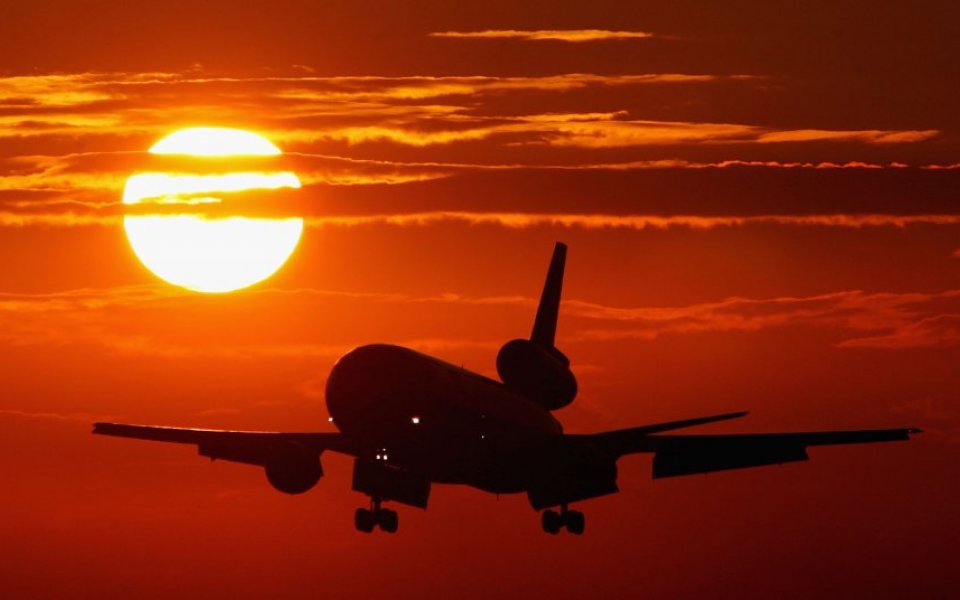Inflation nudges up to 0.2 per cent as air fares rise – but cheap food and alcohol push CPI down

Inflation rose 0.2 per cent in December – the first month in almost a year – although still far from the UK's target of two per cent.
This is the first month since January 2015 that the rate has been higher than 0.1 per cent.
The Consumer Price Index was nudged up by transport costs, particularly air fares and to a lesser extent motor fuels, according to the Office for National Statistics.
However price cuts in alcohol, food and non-alcoholic drinks, as well as tobacco products, partially offset this rise.
CPIH, which is not currently used as a national statistic, grew by 0.5 per cent in the year to December 2015, up from 0.4 per cent in November 2015.
The ONS said: "As the rate has been very close to zero since early 2015, taken as a whole, households have experienced very little change in prices compared with the same months in 2014.
"Looking across the year overall, prices for transport costs, food and non-alcoholic beverages and (to a lesser extent) recreational and cultural goods and services have had a downward pull on the rate of inflation. These have been counterbalanced by an upward pull from price movements for other goods and services, most notably restaurant and hotel bills, and education costs such as university tuition fees."
Given how far CPI remains from the Bank of England's target, analysts were underwhelmed by the increase.
Russ Mould, investment director at AJ Bell, said the uptick was "unlikely to stir anyone’s blood, least of all governor of the Bank of England Mark Carney, who will no doubt shortly put his summer 2015 comments about an interest rate rise around ’the turn of the year’ in the same dustbin as forward guidance".
He added: "Powerful deflationary forces, including debt, demographics, the dollar and the price-crushing powers of the internet, are pushing back hard at the central banks and the battle lines are still drawn.
"The globe’s huge debts mean the authorities cannot afford to let the world slide into a deflationary downturn, so a further loosening of monetary policy in the West cannot be ruled out at some stage in the next few years, even if the current debate centres on when rates will go up to tighten it.”